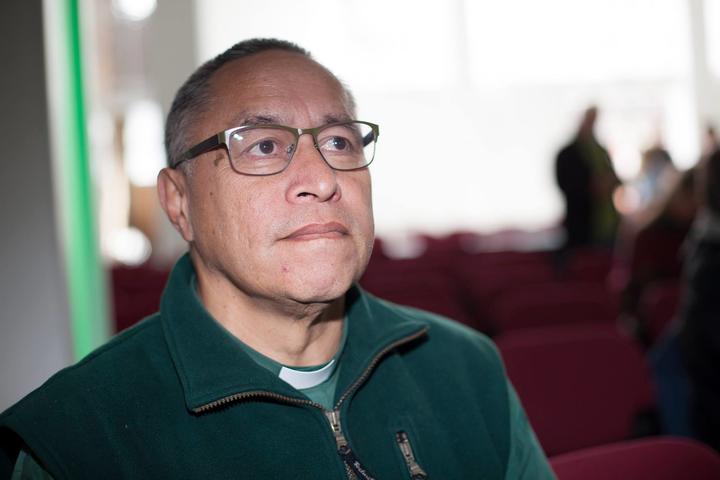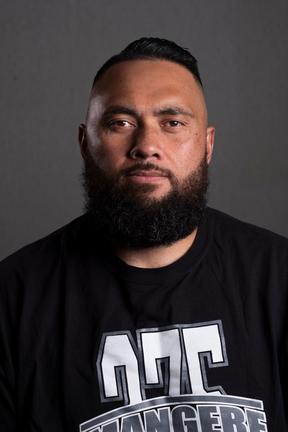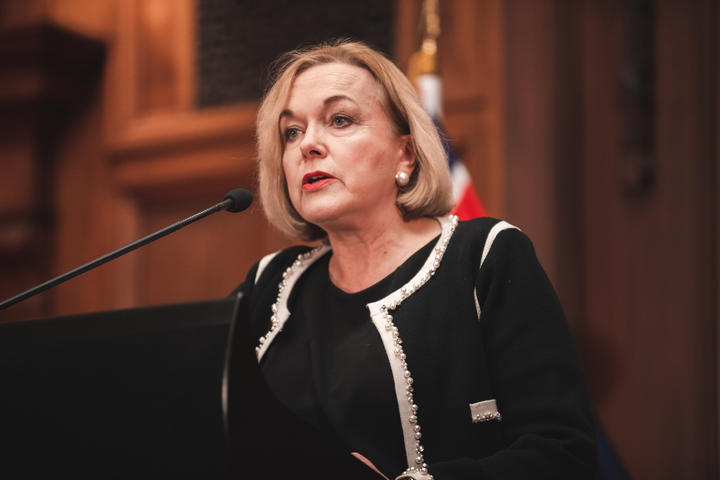Pacific leaders weigh in on cannabis referendum
Pacific leaders weigh in on cannabis referendum
The question of whether cannabis should be legal has divided New Zealanders for years, but what does the Pacific community think of the bill?

File photo. Photo: Unsplash / Shane Rounce
The 2018-2019 New Zealand Health Survey found 15 percent of adults had used cannabis in the past year - but for Pacific, the figure was slightly higher at 17 percent.
Pacific community leaders around New Zealand have weighed in on what the cannabis legalisation and control referendum will mean for their communities.
The University of Otago Pacific Island Student Association (UOPISA) conducted an in-house survey to gauge what the members know about the cannabis referendum.
The survey took place after an online cannabis forum in August that was organised and hosted by the Otago University Students Association and included guest speaker Greens Party List MP Chlöe Swarbrick.
UOPISA president Joshuaa Alefosio-Pei said there was a high proportion of people in the group who were aware of the referendum, even before the forum.
"The members who voted yes to the bill gave reasons such as better safety regulations than we currently have now. Others noted that there's already cannabis on the market, it's just on the black market.
"People who contemplated voting no was because there was insufficient research on the health effects and people had concerns it would be a gateway drug to other drugs, leading to misuse.
"Some voted a strong no because there was no details, they felt were adequate for specific policing and tracking of cannabis use," Alefosio-Pei said.
'I'm voting yes for decriminalising'
Waiheke Island based Presbyterian minister Mua Strickson-Pua has been vocal about where he stands with the cannabis referendum.

Photo: Supplied / Mua Strickson-Pua
"I support the cannabis bill because we need to have informed decisions about how we wish to respond to 'the drug problem' and at the moment we don't have hard data, we don't have research figures to inform our social policy, our personnel and resources to address 'the battle of the drug scene'."
Strickson-Pua points out that legalising cannabis allows for the opportunity to move away from prosecuting people with the drug to now looking at the health issues around the consumption.
"We need to address what are the real issues of these drugs? What are the right resources, management, policies to get rid of these drugs, to support the families that need the help during this transition period of getting them off and addressing the drug problem."
New Zealand Drug Foundation board member Anna Edwards will be voting yes to the bill, but understands it is a tough choice for many in the Pacific community because of their own experiences with other drugs.
"I want a health-centred, harm reduction approach to cannabis, which makes it safer and helps New Zealanders and our Pacific fanau [family] who struggle with cannabis misuse," she said.
"There are a lot of positives to come out of legalising cannabis," Edwards said.
"Gangs roost in poor neighbourhoods where most of our community are raising our kids, learning, worshipping and minding our own business.
"While legalising cannabis won't make the black market disappear, we'll have greater control of potency, more transparency of what's in the products and have the benefit of knowing exactly where these stores are, taking away the fear of a tinnie house popping up next door to your home," she said.
The current approach was punitive, she said, and resulted in "more young brown men with convictions".
"We recognise that cannabis isn't going to go away, learn from past mistakes with tobacco and alcohol and put strong measures in place to reduce harm, especially for our children and young people."
Medicinal cannabis was hard to access and "hugely" expensive, and legalising cannabis would help more people with illnesses access the drug, she said.
'Profit over people'
South Auckland community worker Ronji Tanielu is strongly against the bill and said lower income families, including Māori and Pacific, would be harmed if the bill became law.

Photo: Supplied / Ronji Tanielu
"We have broken systems when it comes to alcohol and pokie machines and both alcohol and pokie machines are all over my community in South Auckland and all over communities with higher deprivation, lower income families.
"The model brought out here with this cannabis bill is to basically re-do the same model.
"If government can't control the harm and damage that comes to families through pokie machines and alcohol, how the hell are they going to control the harm that comes from cannabis because I believe it's a business model that's putting forward profit over people," Tanielu said.
Sir Mason Durie KNZM is a professor of Māori studies at Massey University and renowned for his contributions to Māori health including the Te Whare Tapa Whā model, which are the four pillars of your health; spiritual, physical, emotional and social.
Tanielu has said increased consumption of cannabis would damage all four pillars of one's holistic health.
"Research shows that prolonged use of cannabis, especially at higher THC level has direct impact on suicide, respiratory problems, some mental health issues, psychosis, lung cancer, heart issues and an increase in the number of hospitalisation, so in terms of health for Pacific people, it's a disaster."
Tanielu has rejected claims that decriminalising cannabis will mean fewer people will end up in prison.
According to New Zealand police, they are "committed to reducing the demand for cannabis and disrupting the supply chain". Police said they target people who grow and supply cannabis, through aerial searches.
"Prosecution for cannabis has declined in the last three years and convictions for cannabis has declined in the last five years," Tanielu said.
"The alcohol harm causes about $7.5 billion of damage to the country per year. In terms of tax, it only brings in $1 billion of tax per year, so there's seven times the amount of harm that comes in for the amount of tax that is brought in.
"People will say that if you legalise cannabis there will be money that comes in, that's the broken system I'm referring to," he said.

Photo: RNZ / Samuel Rillstone
In August, National leader Judith Collins revealed the entire National party caucus had decided to vote against the Cannabis Legislation and Control Bill in the referendum.
A special interest group for the National party called Pacific Blues has taken the same stance as the party caucus. Chairperson Lesieli Oliver said one of the major reasons why is because of the huge negative impact it would have on Pacific peoples' mental health.
"We know that New Zealand's mental health system is under a lot of pressure, so it doesn't make sense to introduce a drug, which has not only been described by medical professionals as mind altering.
"Pacific parents' hopes and dreams are for our young children to be healthy mentally, physically, spiritually to succeed in education and so this bill is working against what we are hoping for our future generation," she said.
https://www.rnz.co.nz/news/national/427339/pacific-leaders-weigh-in-on-cannabis-referendum




Comments
Post a Comment